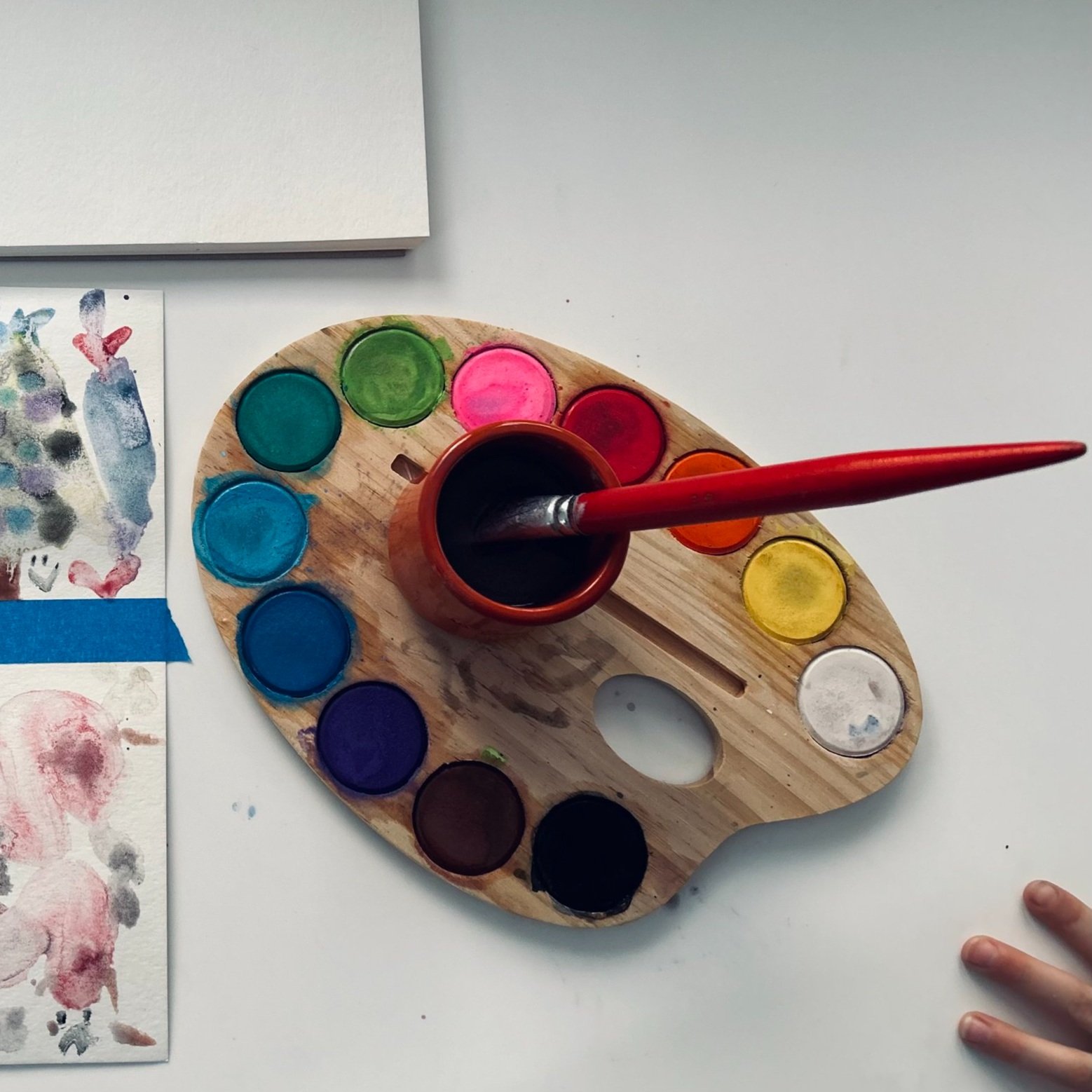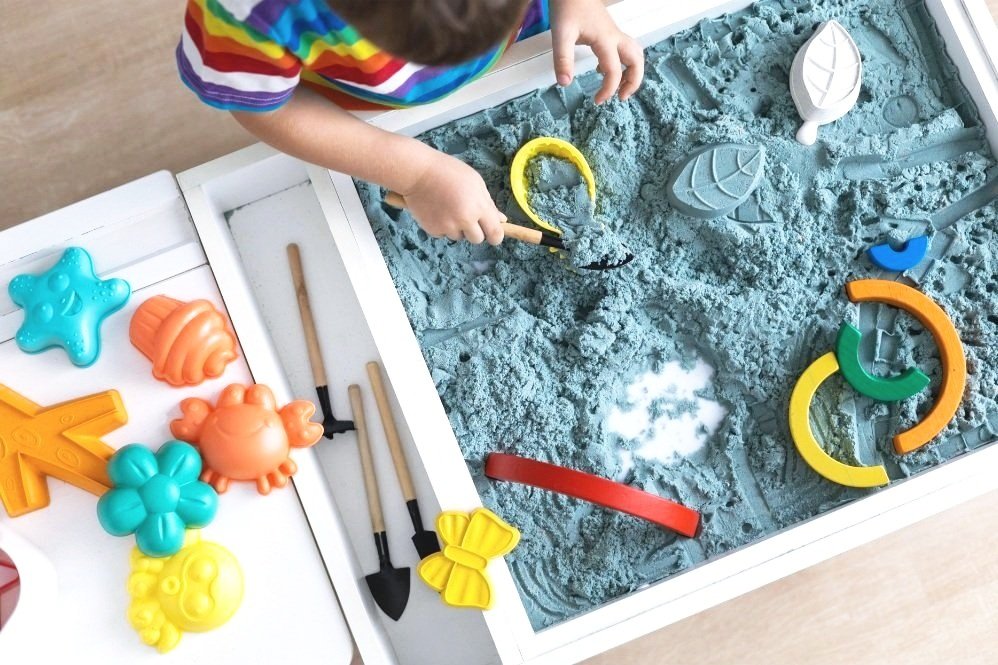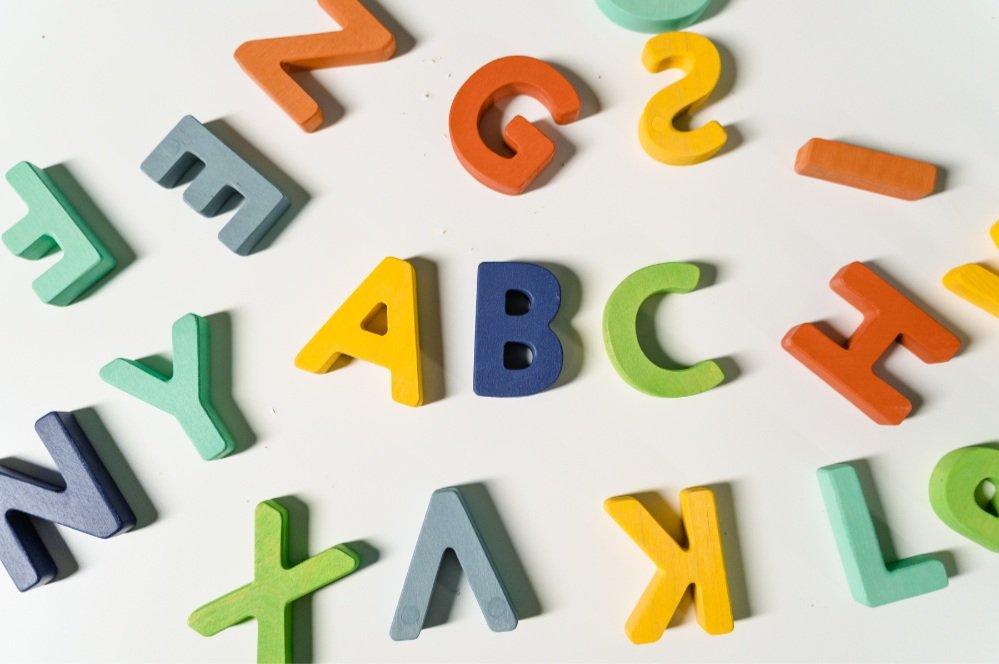
Pediatric Mental Health Blog
© 2025 COPYRIGHT NOTICE: All original resources, content, and materials produced and displayed on this website are the intellectual property of Child Therapy Guide. These resources are protected by copyright laws and are intended for personal, non-commercial use. Unauthorized reproduction, distribution, or any other unauthorized use of the content without explicit permission from Child Therapy Guide is strictly prohibited. Users are encouraged to enjoy and utilize the resources responsibly, respecting the copyright and intellectual property rights associated with the content. For any inquiries or requests regarding the use of our materials, please contact us through our contact form.

How to Manage Jealousy
By encouraging open conversations about why jealousy happens, we can help children develop empathy for themselves and others. Practicing gratitude, focusing on personal strengths, and learning to celebrate the successes of others can turn jealousy into an opportunity for growth.
Read on for a free printable worksheet about jealousy!

8 Mindfulness Worksheets for Kids
Mindfulness practice offers a guided pathway for children to develop a sense of calm, self-awareness, and emotional regulation. Our collection of free printable PDF mindfulness worksheets provides a variety of engaging activities designed to help kids explore presence of mind, manage stress, and cultivate emotional well-being.

Art Therapy: Emotion Storms
Looking at a storm through a window allows us to see what’s happening while staying safe inside. In a similar way, this therapeutic art activity gives kids an opportunity to conceptualize, visualize, and explore different emotions from a safe distance. Read on to learn how to do it!

Behavior Management Tools & Tips
Every kid is different and we have to tailor behavior management plans to their individual needs and abilities. Read on for practical guidelines for a balanced approach to behavior management.

10 Hands-On Therapeutic Activities for Kids
From a therapeutic perspective, interventions that utilize hand-on learning techniques can lead to increased interest, motivation, engagement, and progress! Here we have collected 10 of our favorite hands-on therapeutic activities to help kids develop emotional literacy, build self-esteem, practice coping skills, manage behavior, and recognize values.

Alphabet Feelings
"Alphabet Feelings" provide a framework for adults to help kids to systematically explore different emotions, scenarios, and coping skills. Print this FREE resource and check out our other recommended ways to exercise social and emotional learning.

3 Empathy-Building Activities for Kids
By regularly practicing empathy, children learn to recognize unique perspectives and exercise compassion for themselves and others. Empathy allows kids to navigate difficult situations, support others (and themselves) in need, and recover from setbacks. Empathy is a key component of resilience and a growth mindset—learn how to nurture it through 3 simple activities!

Oobleck and Transformative Nature
Oobleck is a fun and easy demonstration of a non-Newtonian fluid. Non-Newtonian fluids are kind of like us—their behavior is variable depending on stress! This hands-on sensorial experiment can help kids understand that stress (anxiety, frustration, disappointment, failure, anger) can change our behavior.
Read on to learn how to make Oobleck and how to talk to kids about transformative nature.

Reinforcement: Positive & Negative
Both positive and negative reinforcement can be effective ways to shape and encourage favorable behavior, but understanding how to use reinforcement to support healthy growth and development is key! Read on to learn about what reinforcement is, common misconceptions about reinforcement, and how to use reinforcement at home or in the classroom!

Childhood Perfectionism
A perfectionist aims for the ideal version of a pursuit and has disproportionate feelings of disappointment if they fail to reach their goal. Perfectionism can have many roots, but it is generally tied to a person’s perception of their self-worth.

Counseling Games for Kids
Cooperative games help kids learn the significance of collaboration, integrity, and respect. Through shared objectives and collective problem-solving, kids build interpersonal skills while exercising ethical conduct and resilience. Read on for tips on how to foster positive sportsmanship through a social-emotional learning lens.

How to Raise a Resilient Kid
Resilience is a dynamic skill set that empowers kids to adapt, learn, and thrive through life’s journey. By nurturing a growth mindset, parents, educators, clinicians, and caregivers can support self-efficacy, problem-solving skills, and optimism in kids so that they can grow and persevere through setbacks.
